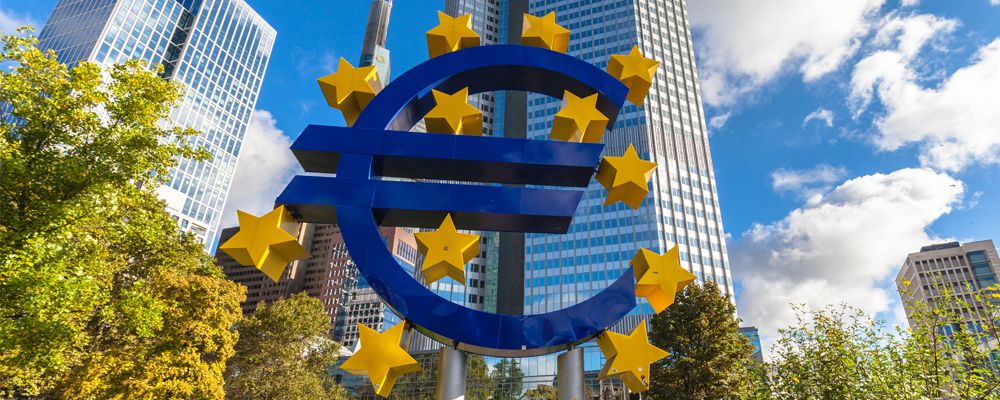The Financial system is awash with liquidity.
- Monday, June 8, 2020
 May proved to be politically contentious month. The Chinese government moved to effectively end Hong Kong’s autonomy which dramatically heightening tensions between China and both the UK and US. Also, yet another unarmed black American was tragically killed by those meant to protect him, leading to widespread protests in the US and across the world against such actions.
May proved to be politically contentious month. The Chinese government moved to effectively end Hong Kong’s autonomy which dramatically heightening tensions between China and both the UK and US. Also, yet another unarmed black American was tragically killed by those meant to protect him, leading to widespread protests in the US and across the world against such actions.
It might look like capital markets have been blissfully unaware of some of the chaos that surrounds them. But markets are not just running on hot air, the unprecedented support measures from governments and central banks have left the financial system awash with liquidity. The abundance of capital to spend has drastically lowered the risk premium across all asset classes, with equity offering one of the highest.
Since 7th May the FTSE 100 has risen 9.2%, the S&P 500 up 10.8% and the Euro Stoxx 50 up an impressive 17.5% as Europe now starts to catch up with the US in the post coronavirus recovery.
The main reasons behind these equity market improvements is a combination of the world gradually moving out of lockdown and economic activity improving, a pleasing recovery in US employment rates, some positive comments over the US-China trade negotiations, the agreement of a greater quantitative easing (QE) programme and the expectation of a larger European Central Bank (ECB) Recovery Plan.
The ECB announced that it will expand and extend its newest asset purchase programme (APP) known as the pandemic emergency purchase programme (PEPP). The PEPP will from now purchase an additional €600bn, taking the total size of the programme to €1,350bn, and will be extended to at least the end of June 2021 (previously end of December 2020). This is in addition to the ongoing €20bn per month purchases under the regular APP.
The increase in quantitative easing (QE) took markets by surprise, leading to a significant rally in government bonds (higher prices, lower yields), especially in peripheral markets like Italy and Spain.
The German equity market was a particular standout performer given the announcement of another round of German domestic fiscal stimulus. The total value of the stimulus was around €130bn which includes a VAT cut and a one-off payment to families of €300 per child. There are also provisions in the plan for the stricken travel and hospitality sectors.
The US labour market improved unexpectedly in May, raising hopes that economic damage due to the tough measures put in place to control the spread of the coronavirus may prove less harmful than feared. The US unemployment rate fell to 13.3%, down from 14.7% in April, as businesses started hiring again. Firms in the food, construction and health care sectors all took on staff along with the education and retail sectors. As businesses start reopening, firms are beginning to rehire their employees and in total added 2.5 million jobs.
There has been ongoing negotiation on Capitol Hill between Democrats and Republicans over another $1tn fiscal stimulus package which would only intensify the level of liquidity supporting financial markets at the moment. Due to the timing of Congress’s two-week recess this is very unlikely to come together until the start of July, but the prospect of further fiscal stimulus provides a pillar of support for the economy and the market rally.
US Trade Representative Robert Lighthizer added to the general more optimistic mood when he commented on the Phase One trade deal between the US and China. He cited the purchase of more than $100m of soybeans by China as evidence that the Chinese were holding up their end of the deal. These comments stand in stark contrast to the recent escalation in words by the White House and helps support the market narrative that electoral politics are supporting the tougher words rather than a desire by the Trump administration to tear up January’s deal. Lighthizer also commented that he did not favour the US pulling out of the WTO in another more conciliatory message.
The current capital market mood stands in stark contrast to a few months ago, when investors were selling everything in a panicked frenzy. By contrast, markets now definitely seem to be in a ‘risk-on’ phase, despite there being a plethora of risks around. Just as the sell-off from late February quickly spiralled lower than could be justified by reasonable economic expectations, the higher the current rally goes the more detached it becomes from the economic reality facing us over the months ahead.
We have been very pleased with the recovery our own portfolios have made since 23rd March. We are going to launch our new Edition 33 portfolios in June and these new updates take into consideration the potential for growth in key areas as well as down side protection.

Chris Davies
Chartered Financial AdviserChris is a Chartered Independent Financial Adviser and leads the investment team.
About Estate Capital
Financial Services
Our Contacts
7 Uplands Crescent,
Swansea, South Wales,
SA2 0PA.
Tel: 01792 477763
